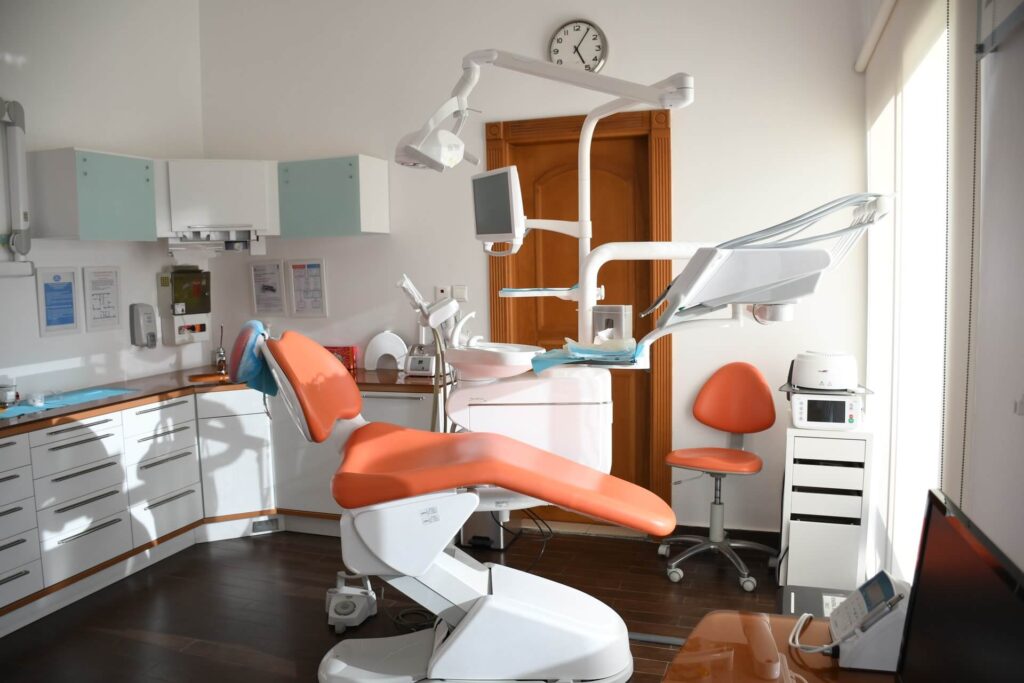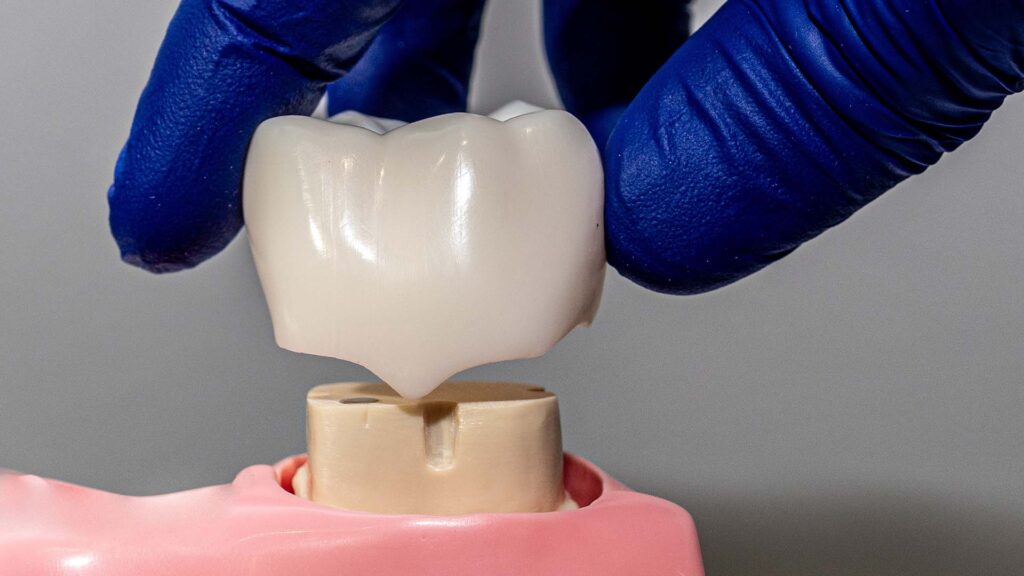Summary
Not all cavities will show symptoms, these cavities are referred to as “minor” cavities (dental caries) however, most cavities will cause some form of discomfort and will need to be treated.
Cavities often hurt, but they might not, and the pain that you feel may be deceptive that it is a cavity since it might feel like it’s coming from your gums. In this article, we’ll discuss the different types of symptoms you might feel and what you can do about them.
What Is A Cavity?

Symptoms Of A Cavity
Cavities have multiple symptoms:
Tooth Sensitivity
Tooth Pain
Holes In Your Teeth
Causes Of Cavities
Who’s At The Most Risk?
- Cutting back on fruit juices, soda, energy drinks, sports drinks
- Eating a balanced diet
- Having a good oral care routine
- Avoiding alcohol and tobacco products
- Getting adequate amounts of fluoride
Cavity Treatment Options
Cavities have lots of treatment options since they are so prevalent in our society.
Tooth Fillings
Fillings are a common way to treat many cavities and they can be made out of many different materials to suit a variety of functions and issues.
Crowns
Typically, crowns are meant for more severe cavities. Crowns replace the entire top half of the tooth, if the tooth is severely decayed, but still considered restorable, a dentist will most likely wear a crown.
Root Canal Therapy (RTC)
A tooth will need RTC treatment if the inner part of tooth is infected, this type of infection can eventually make it’s way to the jaw bone and can also cause a dental abscess.

Complications Of Cavities
Any cavity that isn’t considered “minor” will need to be treated, or else you’re risking significant complications that can occur later in life:
- Worsening pain
- A tooth abscess
- Tooth loss
- Bad breath
- Difficulty eating and speaking
- Pus
- A bad taste in your mouth
If you’re prone to procrastination, or if you feel dental anxiety, you should consider how bad the situation could be if you don’t go to the dentist. Doing it sooner than later will prevent a lot of issues, and it will be easier as well, if you get in the habit of avoiding the issue, that will seem easier then dealing with it.
Frequently Asked Questions
I noticed a new spot on my tooth, what should I do?
Get an appointment, the earlier a cavity is treated, the easier and more cost-effective it will be.
How often should I see a dentist?
Our clients have an appointment every 6 months. If you think you need more then you can discuss that with the dentist.
